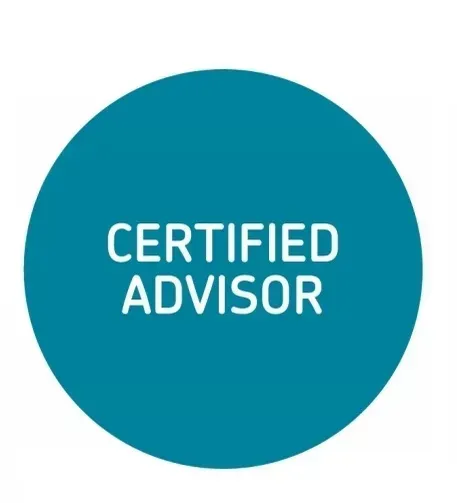FAQs
What does it mean to be a sole trader?
Paying taxes as a sole trader involves several steps:
First, you need to register for Self Assessment.
Then, you must keep accurate records of income and expenses, complete your Self Assessment Tax Return, and calculate your tax, which includes Income Tax and National Insurance Contributions.
Once you’ve calculated your tax, you’ll need to pay it to HMRC.
It’s your responsibility to submit accurate tax returns and pay any tax due on time, which is why we recommend taking advantage of professional services such as CPL Accounts to keep track of your expenses throughout the year and calculate your taxes.
What are the tax obligations for a sole trader in the UK?
As a sole trader in the UK, you are required to pay several types of taxes. These include:
-Income Tax on your business profits after deducting allowable expenses
-Class 2 and Class 4 National Insurance contributions
-and VAT if your annual turnover exceeds £90,000.
However, you can voluntarily register for VAT even if your turnover is below this threshold.
What is the income tax threshold for a sole trader?
In the tax year 2024/25, a sole trader can earn up to £12,570 before they are required to pay income tax. This limit is known as the personal allowance.
How does a sole trader pay taxes?
Paying taxes as a sole trader involves several steps:
First, you need to register for Self Assessment.
Then, you must keep accurate records of income and expenses, complete your Self Assessment Tax Return, and calculate your tax, which includes Income Tax and National Insurance Contributions.
Once you’ve calculated your tax, you’ll need to pay it to HMRC.
It’s your responsibility to submit accurate tax returns and pay any tax due on time, which is why we recommend taking advantage of professional services such as CPL Accounts to keep track of your expenses throughout the year and calculate your taxes.
Is it necessary to hire a bookkeeper for tax purposes as a sole trader in the UK?
While there is no legal obligation for a sole trader to hire a bookkeeper in the UK, it is often beneficial to do so. A bookkeeper can help maintain proper books and records and ensure compliance.
What are the legal obligations of a sole trader?
If you earn over £1,000 per tax year from self-employment, you must register as a sole trader with HM Revenue and Customs (HMRC).
It’s also a legal requirement to record all your business’s income and expenses, which is crucial for calculating your self-assessment tax bill.
While it’s not legally required for sole traders to have a dedicated business bank account, it’s highly recommended to keep personal and business finances separate to avoid confusion and potential legal issues.
Get Your Free Consultation
We’re here to help, let’s talk.
Lambkins, Street End Road
Sidlesham Common
Chichester, West Sussex
PO20 7QD
(+44) 7591261085
Claudia@cplaccounts.com
Mon-Fri 9 - 17
Sat-Sun Closed
We are here to help.
Claudia@cplaccounts.com
Visit Us
Visit our office.
Lambkins
Street End Road
Sidlesham Common
Chichester
West Sussex
PO20 7QD
Call us
Monday - Friday from 9am to 5pm.
(+44) 7591261085


